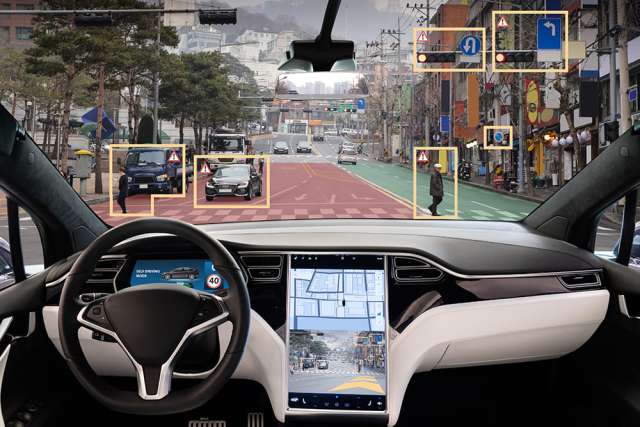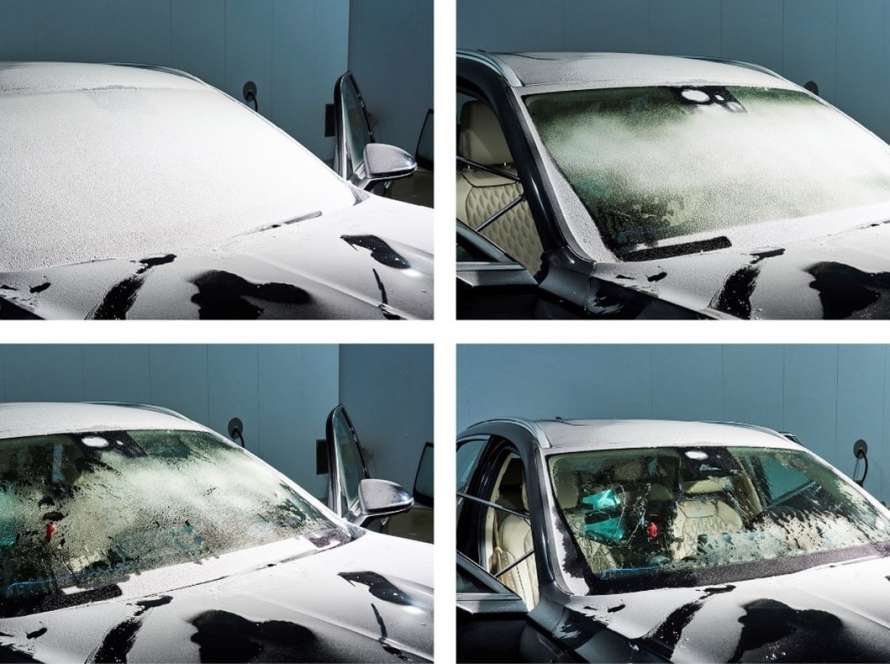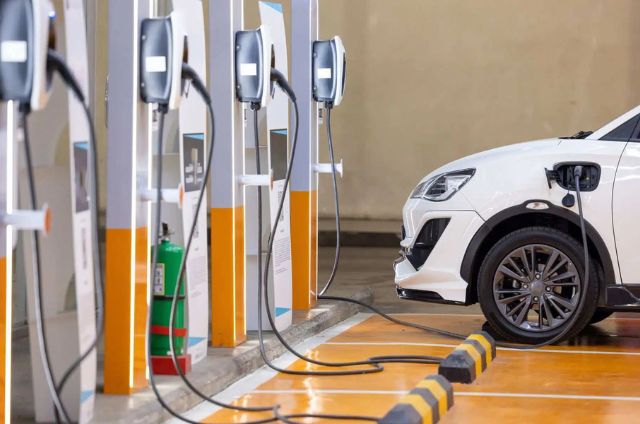The National Highway Traffic Safety Administration (NHTSA) has announced a significant step toward integrating fully autonomous vehicles (AVs) onto U.S. roads. The agency introduced AV STEP (ADS-Equipped Vehicle Safety, Transparency, and Evaluation Program), which aims to streamline regulatory approvals for driverless cars. This voluntary program is designed to simplify how companies can launch vehicles without traditional controls like steering wheels or pedals.
Less Red Tape, More Transparency
Currently, automakers are limited to 2,500 annual exemptions from federal safety standards for vehicles lacking conventional controls. Under AV STEP, NHTSA proposes a more tailored, less cumbersome exemption process to encourage innovation. However, there’s a condition: companies must provide more extensive data to enhance transparency and public trust. NHTSA highlights transparency as a critical step to earning consumer confidence in autonomous technology.
Support and Skepticism
While this move has been welcomed by companies like Waymo and Tesla, who have long sought a national framework for AV deployment, not everyone is onboard. Safety advocates question the timing, pointing out that automakers are simultaneously lobbying to delay other safety mandates, like emergency braking requirements. Critics argue that introducing complex, unproven technologies without stringent safeguards could pose significant risks.
Political Uncertainty Ahead
Adding to the intrigue is the looming transition in the White House. If a Trump administration takes charge, AV STEP’s transparency requirements could be dismantled. Tesla CEO Elon Musk, a Trump ally, is reportedly advocating for more relaxed regulations to accelerate his company’s robotaxi program, slated for 2026. This political uncertainty raises questions about the program’s longevity and enforcement.
Next Steps and Concerns
NHTSA is currently seeking public comments on the proposed framework. While the agency emphasizes safety and transparency, groups like Advocates for Highway and Auto Safety have labeled the plan premature. They argue that the auto industry’s struggle to meet simpler safety standards, like emergency braking, highlights the risks of rolling out more advanced systems too quickly.
The Road Ahead
NHTSA’s proposal represents a balancing act between fostering innovation and ensuring safety. With public input, evolving political dynamics, and ongoing industry lobbying, the future of fully driverless cars remains uncertain. As the framework develops, it will shape not only the AV industry but also the safety and trust of the drivers—or lack thereof—on U.S. roads.



